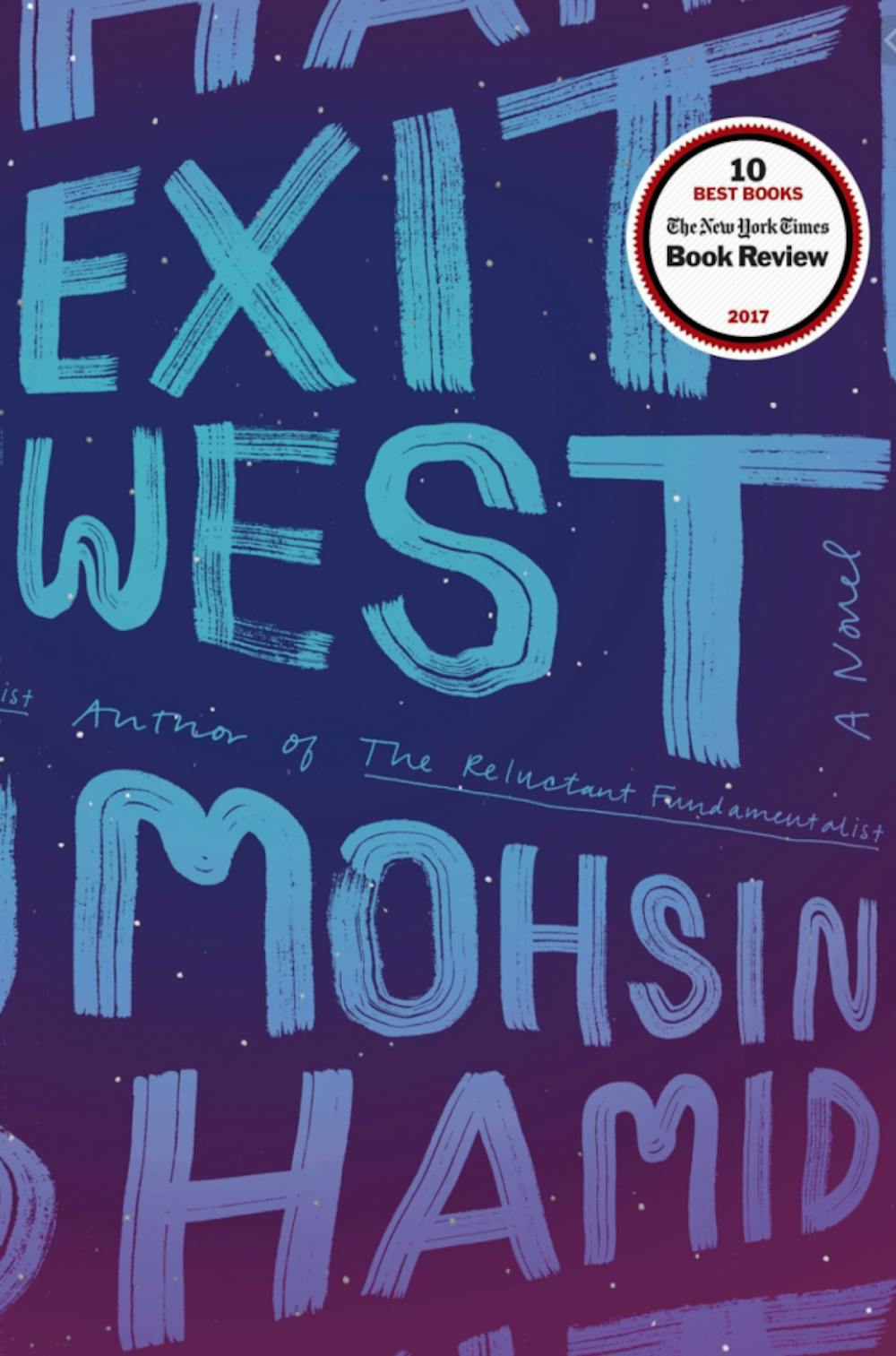In a nameless country in the Middle East, a civil war breaks out. Not only is this inconvenient for new lovers Nadia and Saeed, it’s potentially fatal if they do not find a route to evacuate as their surroundings rapidly disintegrate into armed strife. The relative simplicity of their lives as working college students is irrevocably disrupted, and while they make their way out of the country, readers journey with them, reviewing all that they leave behind. Will their new lives as refugees ever allow them to return home? If so, what will they find that remains when they return? Can their newly budding relationship survive the upending turmoils of life abroad?
Mohsin Hamid’s novel is a curious one in that he makes intentional choices I have not seen before. For example, by withholding the characters’ country of origin, he makes the story more universal, forcing readers to ask themselves what is more important: the nation from which the protagonists originate or the perils to which they are subjected because of the ongoing conflict at home?
This is not strictly an “Australian,” “Syrian” or “Zimbabwean” story; it’s a story of the lives and normalities that are threatened and disrupted in moments of instability. Nadia and Saeed, irrespective of their origin, need food, shelter and stability — needs often overlooked depending on how displaced people are perceived given their religion, language and state of peace or enmity with powerful countries.
Another choice Hamid made was to veil the routes of passage that Nadia and Saeed use to arrive in countries that are not experiencing warfare. Words like “asylum” and “visa” do not appear in the narrative. Rather, Nadia and Saeed use an unnamed system of doors to “exit west.” Access to these doors comes at a significant monetary expense, but they make it to the other side. Each door leads to a new destination: the Mediterranean, London, California. However, the conditions they find in their new residencies continue to push them farther away from home.
The journey is an adventure, and the physical travels are as important as the narrative’s emotional ones. For another work in the collection that treats the complex nature of being an immigrant or a child of immigrants, check out “How To Read the Air” by Dinaw Mengestu or Fabien Toulmé’s French-language “L’odyssée d’Hakim.”
Editor’s Note: Katrina Spencer was the Literatures & Cultures Librarian, and this book review was written for The Campus before she left the college.
The Librarian is in: ‘Exit West’ by Mohsin Hamid

Comments



